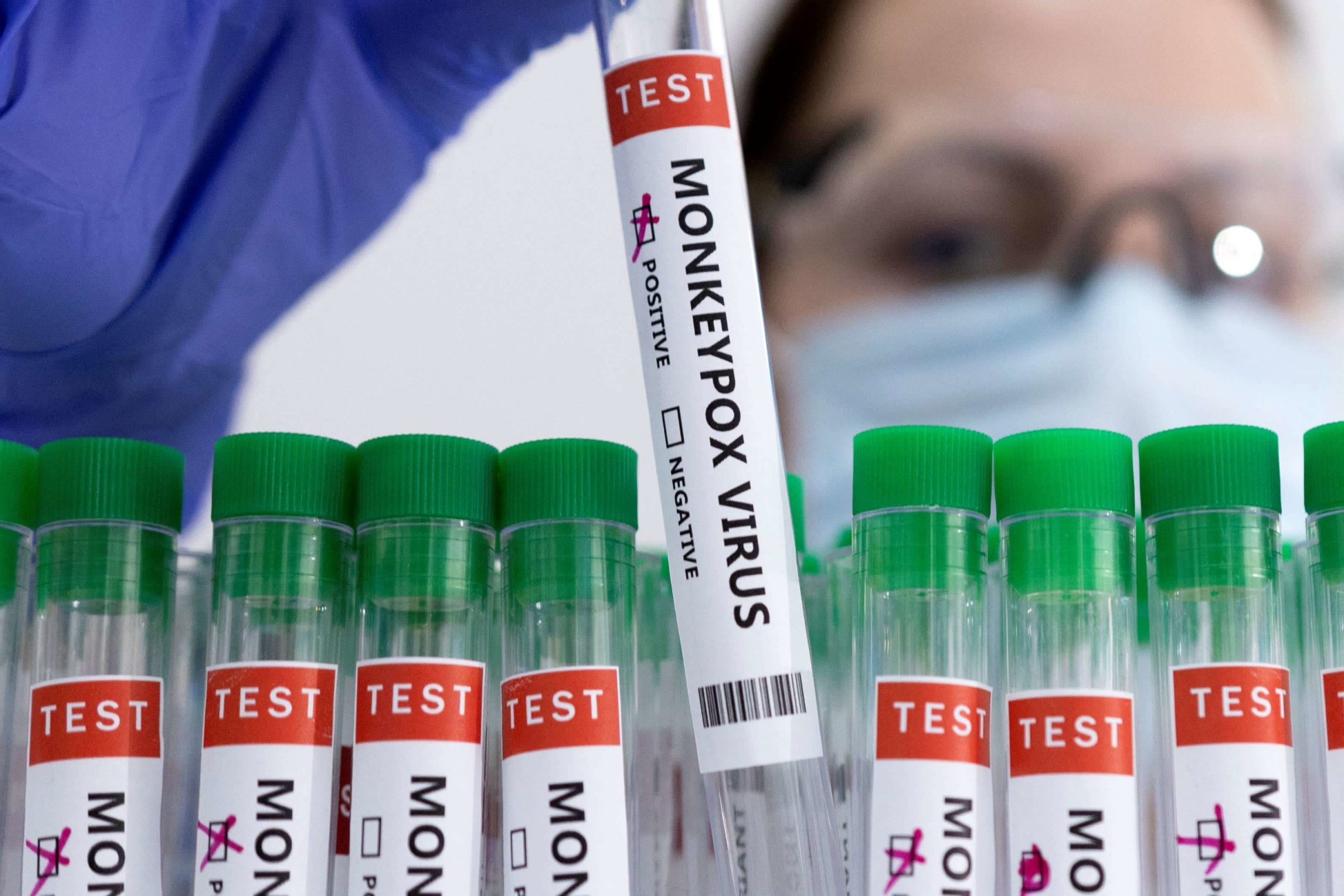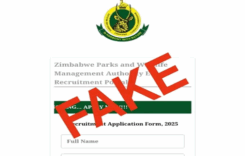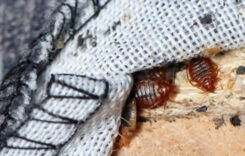Zimbabwe public health authorities say they have put their structures on high alert after the recording of hundreds of monkeypox cases in Europe and the U.S. in the last five weeks. Britain reported its first case on May 7, 2022.
No case of monkey pox has been recorded yet in Zimbabwe.
Key facts:
- According to the World Health Organisation (WHO), monkey pox is a viral zoonosis (a virus transmitted to humans from animals) with symptoms similar to those seen in the past in smallpox patients, although clinically less severe.
- Monkeypox has been classified as a disease of global public health importance, as the risk has spread around the world.
- Spreads through close bodily contact.
- Human monkeypox was first identified in humans in 1970 in the Democratic Republic of the Congo in a region where smallpox had been eliminated in 1968.
- The disease is usually mild, although severe illness and death can occur
- Mortality rates of 3.6% for the West African variant and 10.6% for the Central African variant have been reported in endemic regions.
By the end of May 2022, WHO had recorded 257 confirmed cases and 120 suspected cases of monkey pox in 19 endemic and non-endemic countries. No deaths have yet been reported.
The virus enters the body through:
Broken skin (even if not visible)
Respiratory tract
Mucous membranes (eyes, nose or mouth)
Transmission can also occur via the placenta from mother to fetus (which can lead to congenital monkeypox) or during close contact during and after birth.
Prevention
Avoid close contact with infected persons or animals
Infected animals should be isolated from other animals and placed in immediate quarantine.
Use protective equipment when caring for suspected patients
Symptoms
Fever, headache, muscle aches, backache, swollen lymph nodes, chills and exhaustion. A rash can develop, often beginning on the face, then spreading to other parts of the body including the genitals. The rash changes and goes through different stages. Initially, it can be a fluid-filled blistering rash that resembles chickenpox or syphilis, before finally forming a scab that later falls off. Most people recover from monkeypox in a few weeks without treatment.
Treatment
Currently, there is no proven treatment for monkeypox. However, vaccination against smallpox was demonstrated through several observational studies to be about 85% effective in preventing monkeypox.
Sources
Center for Infectious Disease Research and Policy
Ministry of Health and Child Care
Do you want to use our content? Click Here












